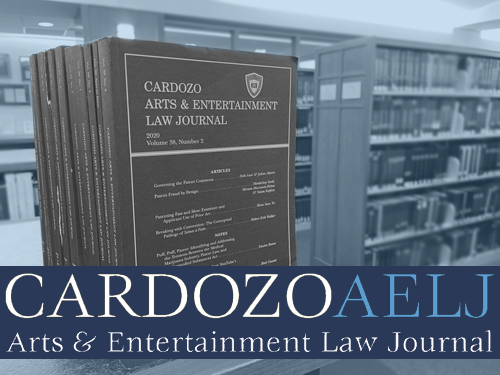Document Type
Article
Publication Date
10-17-2023
Abstract
In 2018, the Supreme Court ruled in Murphy v. NCAA that the Professional and Amateur Sports Protection Act of 1992 (“PAPSA”) violated the anti-commandeering rule and was therefore unconstitutional. PAPSA had effectively barred states from authorizing sports gambling. The act did not make sports gambling a federal crime, however it did allow professional sports organizations to bring civil actions to enjoin violations. Thus, after the New Jersey legislature authorized sports gambling in 2012, the NCAA brought a federal action to enjoin the law on the ground that it violated PAPSA. The case made its way to the Supreme Court, and the Court sided with New Jersey holding that, under the anti-commandeering rule, Congress did not have the power to tell the states that they cannot authorize sports gambling.
This post was originally published on the Cardozo Arts & Entertainment Law Journal website on October 17, 2023. The original post can be accessed via the Archived Link button above.
Recommended Citation
Mordekhai, Ethan, "The Aftermath of Murphy v. NCAA: State and Congressional Reactions To Leaving Sports Gambling Regulation To The States" (2023). Cardozo Arts & Entertainment Law Journal (AELJ) Blog. 363.
https://larc.cardozo.yu.edu/aelj-blog/363



